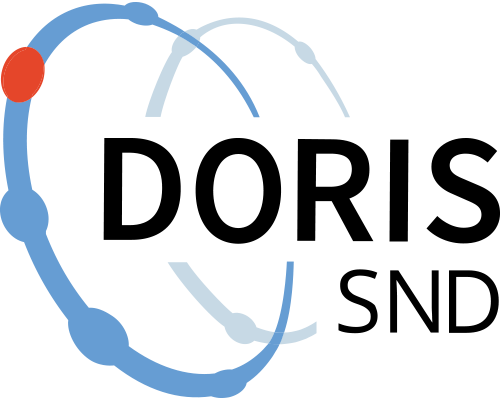QoG Basic Dataset - Time-Series Data
The QoG Institute is an independent research institute within the Department of Political Science at the University of Gothenburg. Overall 30 researchers conduct and promote research on the causes, consequences and nature of Good Governance and the Quality of Government - that is, trustworthy, reliable, impartial, uncorrupted and competent government institutions.
The main objective of our research is to address the theoretical and empirical problem of how political institutions of high quality can be created and maintained. A second objective is to study the effects of Quality of Government on a number of policy areas, such as health, the environment, social policy, and poverty.
QoG Basic Dataset, which consists of approximately the 300 most used variables from QoG Standard Dataset, is a selection of variables that cover the most important concepts related to Quality of Government.
In the QoG Basic CS dataset, data from and around 2018 is included. Data from 2018 is prioritized, however, if no data is available for a country for 2018, data for 2019 is included. If no data exists for 2019, data for 2017 is included, and so on up to a maximum of +/- 3 years.
In the QoG Basic TS dataset, data from 1946 to 2021 is included and the unit of analysis is country-year (e.g., Sweden-1946, Sweden-1947, etc.).
Purpose:
The primary aim of QoG is to conduct and promote research on corruption. One aim of the QoG Institute is to make publicly available cross-national comparative data on QoG and its correlates.
In the QoG Basic TS dataset, data from 1946 to 2021 is included and the unit of analysis is country-year (e.g., Sweden-1946, Sweden-1947, etc.).
Historical countries are in most cases denoted with a do-date (e.g. Ethiopia (-1992) and a from-date (Ethiopia (1993-)).
Citation and access
Citation and access
Data access level:
Creator/Principal investigator(s):
- Stefan Dahlberg - Mid Sweden University - Department of Humanities and Social Sciences
- Aksel Sundström - University of Gothenburg - Department of Political Science
- Sören Holmberg - University of Gothenburg - Department of Political Science
- Bo Rothstein - University of Gothenburg - Department of Political Science
- Natalia Alvarado Pachon - University of Gothenburg - Department of Political Science
- Cem Mert Dalli - University of Gothenburg - Department of Political Science
Research principal:
Data contains personal data:
No
Citation:
Language:
Method and outcome
Method and outcome
Data collection - Compilation/Synthesis
Data collection - Compilation/Synthesis
Geographic coverage
Geographic coverage
Administrative information
Administrative information
Topic and keywords
Topic and keywords
Relations
Relations
Metadata
Metadata
Version 1
